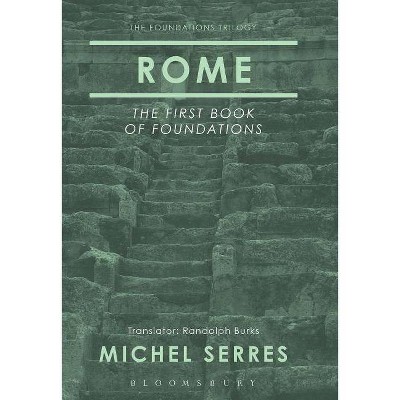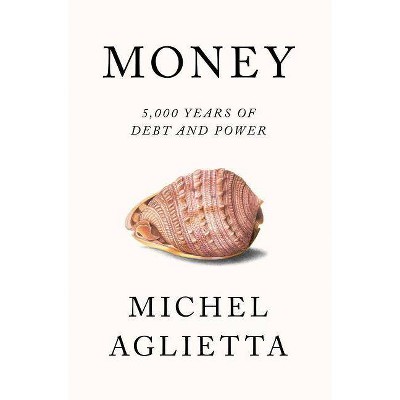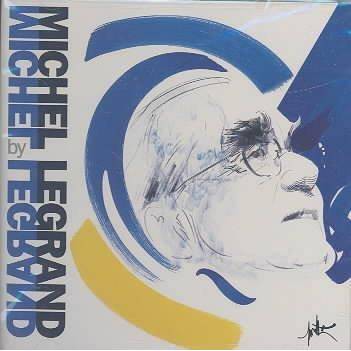Hominescence - by Michel Serres (Hardcover)

Similar Products
Products of same category from the store
AllProduct info
<p/><br></br><p><b> About the Book </b></p></br></br>Originally published by Pommier, Paris, 2001.<p/><br></br><p><b> Book Synopsis </b></p></br></br>According to Michel Serres, a process of 'hominescence' has taken place throughout human history. Hominescence can be described as a type of adolescence; humanity in a state of growing, a state of constant change, on the threshold of something unpredictable. We are destined never to be the same again but what does the future hold?<br/> <br/> In this innovative and passionately original work of philosophy, Serres describes the future of man as an adolescence, transitioning from childhood to adulthood, or luminescence, when a dark body becomes light. After considering the radical changes that humanity has experienced over the last fifty years, Serres analyzes the new relationship of man has with diverse concepts, like the dead, his own body, agriculture, and new communication networks. He alerts us to the consequences of these changes, particularly on the danger of growing inequalities between rich and poor countries. <br/> <br/> Should we rejoice in the future, ignore it, or even dread it? Unlike other philosophers who preach doom and gloom, Serres wants us to anticipate the uncertain light of the future.<p/><br></br><p><b> Review Quotes </b></p></br></br><br><i>Hominescence </i>is Michel Serres's best book - a profound mediation on the prodigious transformations the human species has faced in the past fifty years, which have altered our relation to death, to our bodies, our technologies, our planet, and even to thought itself.<br><br>In <i>Hominescence</i>, Michel Serres draws together themes which span decades of his work to illuminate the critical moment of human history where we cease to be <i>natured</i> and become forces of <i>naturing</i>. He offers a bold vision of the renewed relationship between the sciences and humanities to think beyond the crisis.<br><br>Produced in certain collectivities, in the course of their history, by their sciences and their technologies, in their economy and their politics, these ruptures affect, beneath these cultural components, the 'nature' of humans and of the world. That is why I call such ruptures hominescent.<br/> <br/>This study provides a powerful, innovative analysis of a new form of being human, 'hominescence'. In the three domains, corporeal, worldly and in relation to other kinds of otherness, Michel Serres pursues enquiries begun over forty year ago, in his innovative reading of the system of Gottfried Leibniz. These enquiries gain from their expansion into the current context of digital tele-communications, and the internet of things, transgenic modifications and the resulting new ontologies of large numbers and quasi objects.<br/>20/02/2019<br><p/><br></br><p><b> About the Author </b></p></br></br><b>Michel Serres</b> is a Professor in the History of Science at Stanford University, USA and a member of the Académie Française, France. A renowned and popular philosopher, he is a prize-winning author of essays and books, such as <i>The Five Senses</i> (2008), <i>Genesis</i> (1995), and <i>Biogée</i> (2013).
Price History
Price Archive shows prices from various stores, lets you see history and find the cheapest. There is no actual sale on the website. For all support, inquiry and suggestion messagescommunication@pricearchive.us




















